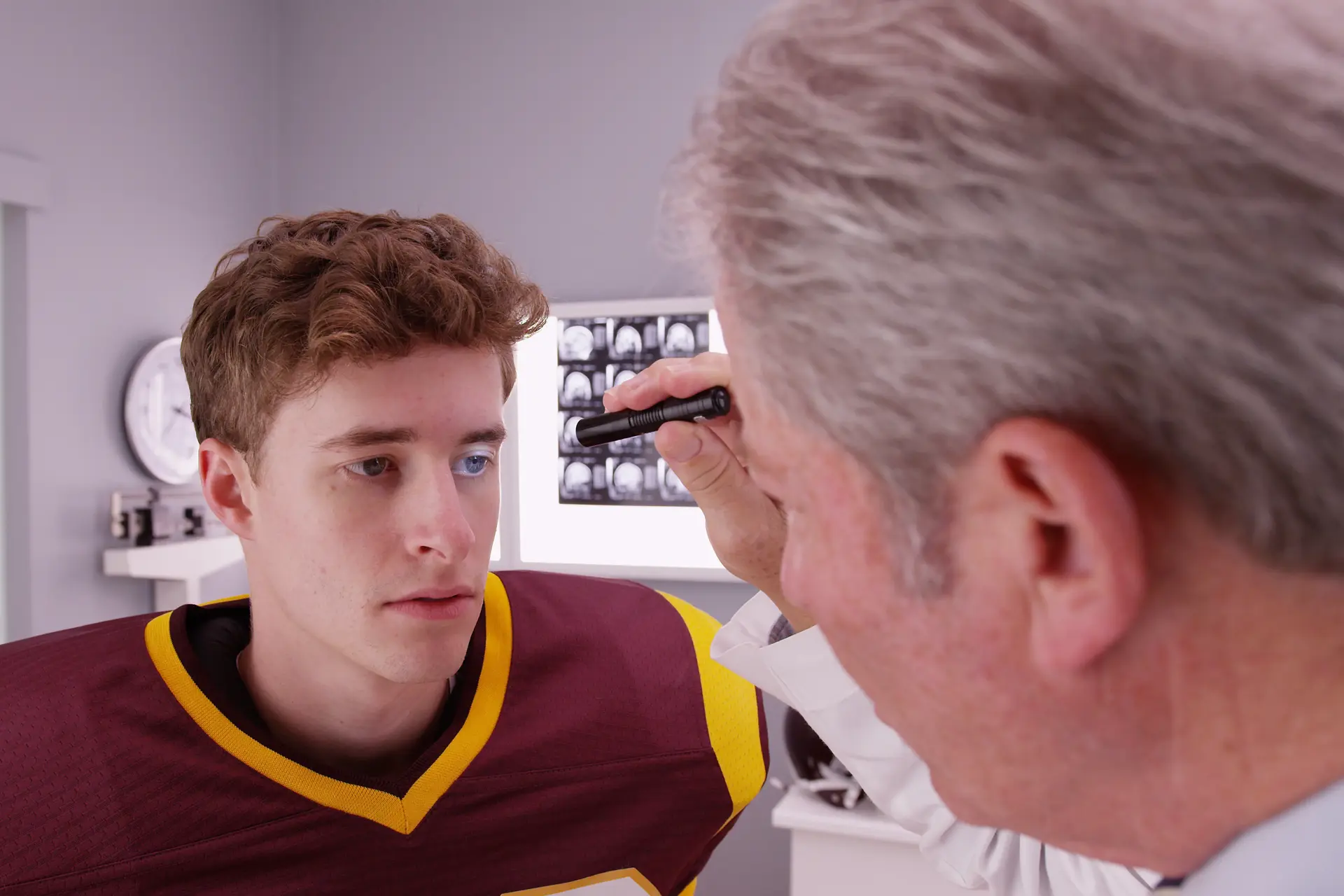Behaviour change is difficult for any individual to accomplish. The process however, can be infinitely more difficult for those who are living with a traumatic brain injury (TBI) due to physical, cognitive, and emotional impairments associated with an injury. Successful reintegration into the community and return to activities of choice is often dependent on the individual’s ability to modify maladaptive behaviours that may result from the injury. These maladaptive behaviours can be categorized as behavioural excesses or behavioural deficits and are the most predominant barriers to a client’s participation and progress in their rehabilitation programming. In order to appropriately address goal oriented rehabilitation programming, the behavioural needs of the client must be assessed and addressed.


The purpose of the behaviour consultation program is to assist treatment teams and their families in clarifying, via a comprehensive assessment, the extent of the behavioural concerns and to objectively delineate where treatment and management strategies would be effective. This is accomplished by the collection of measurable and quantifiable data that assists with decision making and programmatic monitoring and follow up. In addition to this process, we are able to formulate, train and implement behavioural support plans to guide, monitor and assist with targeted program goals. Our behaviour consultation team operates using a three tiered system of service which includes the behaviour consultants, behaviour therapy assistants, and rehabilitation support workers. This system allows for cost effective behaviour services for the client’s we serve.
The behaviour consultation program operates within the following three phases:
1. Behaviour Assessment
2. Behaviour Treatment & Support Planning
3. Behaviour Management & Generalization